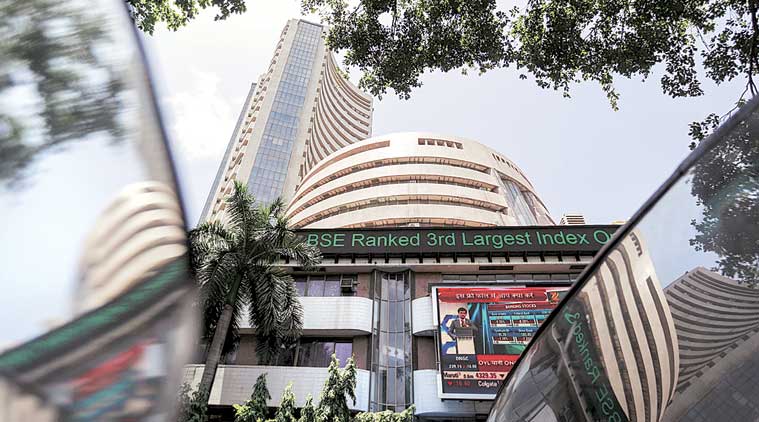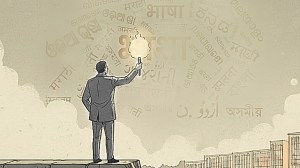Why investors must avoid bottom-fishing of stocks, stay put
Investors seem to have matured as well. Unlike in 2008, investment advisers did not receive many frantic calls on Monday, and investors seemed to understand the situation much better
 Mutual funds should be the preferred mode of investment, and investors should continue with their existing investments, market observers said.
Mutual funds should be the preferred mode of investment, and investors should continue with their existing investments, market observers said.
On Monday, the aggregate loss of investor wealth at the BSE was in excess of Rs 7 lakh crore — enough to dent sentiment and shake confidence. But market experts played down the biggest fall in six years, and asked investors not to book losses in a rush.
Led primarily by foreign institutional investors selling off Indian equities worth Rs 5,275 crore, the market cap of BSE listed companies declined from an aggregate of Rs 1,02,32,792 crore on Friday to Rs 95,28,535 crore. No Sensex company closed in the green, and the best performer fell 2.9 per cent. Only 1 out of 10 stocks listed at BSE saw its share price rise, all others traded in the red.
But the sell-off was mostly linked to global growth concerns, and had nothing to do with domestic fundamentals. Once the dust settles, experts said, India would likely emerge as one of the most attractive investment destinations — benefitting not only from falling commodity prices, but also from the fact that it is largely driven by domestic consumption and investment.
[related-post]
While at such times, many investors try to take advantage of the fall in markets, experts are advising against picking individual stocks because the pain is linked to global uncertainties, and some stocks — especially in the metal and commodity sectors — may continue to face pressure. In general, the advice is to avoid bottom-fishing for the short-term.
While the Sensex fell 5.9 per cent, the mid cap and the small cap indices fell much more — by 7.7 and 8.8 per cent respectively — suggesting that mid caps and small caps are more vulnerable to market volatility.
Mutual funds should be the preferred mode of investment, and investors should continue with their existing investments, market observers said. They might also consider making some lumpsum investments over the next few days with a medium- to long-term view, they said.
“During this wave of selling, we may see a lot of investment opportunities from a medium- to long-term perspective in Indian equities,” Harsha Upadhyaya, CIO (Equity), Kotak Mahindra AMC, said. “We currently hold some cash in our portfolios, and will be looking to invest that into equities as the market becomes more attractive with every decline,” said Upadhyaya.
Indian investors seemed to have grown more experienced over the years, several investment advisers said. They said that contrary to the experience of 2008, they did not receive frantic calls from clients, either to seek advice or to ask them to sell holdings.
“While I received some calls from investors to discuss the market, there was no panic,” said a senior investment adviser with a leading multinational bank in Delhi.
Another financial adviser based in Mumbai said they had been updating investors on global developments and the likelihood of a correction in the markets over the past month, and had encountered no panic.
Vishal Dhawan of Plan Ahead Wealth Advisors said, “It helped that investors were aware that markets might see correction.”
- 01
- 02
- 03
- 04
- 05






































